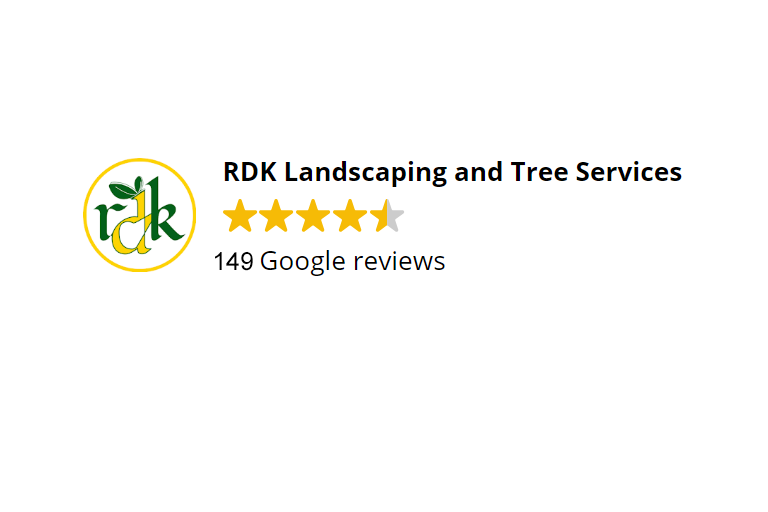Use these techniques to prevent the spread of weeds and learn about your soil.
The garden comes alive in spring. The same goes for weeds, which can be detrimental to a gardener’s existence. Weed management efforts can be more effective if we understand what role weeds play in our ecosystem rather than launching an all-out war.
Understanding weeds
Loosely defined, weeds are unwanted plants growing in your garden. Weeds can be members of any branch of the plant family, including grasses, trees, annuals, or perennials. They range from native species to invasive plants to intentionally planted flowers and vegetables. The same plant can be desirable in one location and a “weed” in another. Anyone who has ever planted mint or bamboo without using a pot has probably seen typical garden plants grow and turn into weeds.
Weeds vary by geographic location and include kudzu in the southeastern United States and dandelions almost everywhere. What they share is incredible resilience. They often spread in several ways, including seeds, roots, and runners. They are survivors.
Most gardeners think of weeds as unsightly, but these weeds may have beneficial properties. Many weeds, such as the dandelions shown here, are edible. Correctly identify the weed before consuming it. Understand safe preparation methods, including which parts of the plant are edible. Make sure it is grown in uncontaminated soil free of herbicides, pesticides and heavy metals.
Some weeds can also provide an important food source for garden pollinators. Clover is a favorite source of nectar for bees. Bronze fennel and Queen Anne’s lace attract predatory wasps and flies, as well as ladybugs that prey on garden pests such as aphids.
What weeds can tell you about your garden
It may seem strange, but weeds can indicate soil problems that need to be addressed or improved soil health. Weed expert provides interesting information about what weeds say about our soil.
Leguminous weeds such as kudzu, vetch, and clover are “nitrogen fixers”. They form a beneficial relationship with soil bacteria that produce nitrogen, one of the most important plant nutrients available in the soil. In the private sector, it is said that if you see a lot of legumes and weeds, it means that the soil is lacking in nitrogen, making it impossible for other plants to grow. Over time, the nitrogen-fixing properties of these plants can help improve soil quality. In fact, clover and vetch are often grown as “cover crops” to improve soil.
Deep-rooted weeds, like dandelions, are commonly found in compacted soil. Think of cracks between sidewalk pavers. These weeds may indicate soil that needs aeration. Likewise, creeping buttercups often thrive in heavy soils lacking organic matter.
These “indicator” species can tell us a lot about the health of our soil. If you continue to have a weed problem, identify the species and do your research. You might be surprised at how much you learn.
Weed prevention and removal
Weeds can teach us a lot about the health of our garden, but we still need to keep them in check. This is especially true in vegetable gardens where tender crops can easily be swept away by fast- growing weeds. It’s impossible to prevent all weeds, but with a few simple strategies, you can keep them to a reasonable amount without breaking your back or resorting to toxic chemicals.
Build rich soil. Many weeds thrive in poor, compacted or disturbed soil, and fertilizing the soil can do wonders to reduce weeds. For vegetable gardens, creating raised beds at least 12 inches high and filling them with high-quality, weed-free garden soil is one of the quickest ways to prevent most weeds. When creating a new flower bed, place two layers of corrugated cardboard (a flat box works well) on the bottom of the planting area before adding soil. This layer helps smother all but the most fearsome weeds.
Tip: The loose, airy soil in the seedbed makes it easier to remove weeds as they sprout.
Once you’ve finished laying the soil, be careful not to damage it too much. Tilling or turning the soil can expose buried weed seeds. When adding compost, rake it into the surface of the bed rather than digging it up. The exception is when adding composted manure, which must be dug into the vegetable garden.
Weekly weed. The smaller the weed, the easier it is to remove. The important thing is to maintain it regularly and remove weeds when they are small. If you grow vegetables in a flower bed, you can usually pull out weed seedlings with a gloved finger. Doing so is much easier than the arduous task of digging up a whole dandelion. Additionally, removing weeds when they are young will help prevent the seeds from growing or spreading further.
Comb weeds from the garden once a week. Keep a bucket nearby for easy cleanup while you work. You can’t catch all the weeds. Don’t even try. But try your best to eliminate most problems. To protect your back, it is best to kneel or squat next to the bed rather than bend over. A knee pad or chair may be helpful for this.
Get your roots. You will need to remove the entire plant, especially if you are removing full-sized weeds. This is easier said than done, but it is important because broken ends of the roots can allow sneaky weeds to thrive. When removing root weeds with long roots growing in the center, such as dandelions and comfrey, be sure to dig deeply using a weed control tool or a shovel. Weeds with fibrous roots, such as buttercups, dig up wide swaths of the entire plant.
Don’t give them space. As the saying goes, nature abhors a vacuum. Keep this in mind in your garden. Rather than leaving the soil as is, use vegetable garden-friendly organic mulch, such as straw or leaves. You can also try using inorganic plastic mulch, available at garden supply stores. In addition to keeping weeds at bay, mulch is a great way to save water by reducing evaporation.
Bask in the sun or smother the weeds. If weeds are becoming a serious problem in your garden, you may need to take more drastic measures. Consider solarizing or smothering the soil, a technique that depletes the weeds of oxygen over several weeks. This will render your beds unusable for a few weeks, but it may be worth it if you have a persistent weed problem that makes gardening difficult.
Weed treatment
What do you do with the weeds you pull out? Experienced composters who know that compost piles reach temperatures high enough to kill weed seeds and roots can add weeds to compost piles. However, for many home gardeners, composting weeds has the potential to spread the weed seeds and spread the problem when the compost is reintroduced to the garden.
Instead, consider including weeds in your “compost tea”. There are two main approaches tomaking compost tea: the non-aerated method and the aerated method. Non-aerated compost is made by filling a clean trash can with the desired tea ingredients and covering it with water, which usually takes several weeks. The resulting liquid is quite smelly, but it will be a useful fertilizer for your garden. Aerated compost tea requires the use of an aquarium aerator or frequent stirring and produces less odorous results in less time.
Or, if you’re looking for a convenient option, many cities offer regular curbside pickup of yard waste, including weeds. In most cases, this garden waste is composted at temperatures high enough to kill weeds and sold back to the community or used in public projects.
Weeds are not evil, even though they may seem that way. Take a moment to admire the resilience of these hardy plants and see what they can teach you. Building good soil and weeding regularly will help keep weeds to a minimum.
Get In Touch:
Contact us about your project ideas and our team will be in touch with you within 24 hours! We are in the business for over 5+ years and Buffalo’s Top Rated.
RDK Landscaping – For more inspiration, visit our site.
Experts in tree removal, stump demolition, stump removal, tree trimming, tree mulching, tree pruning and emergency tree removal in Buffalo, NY!
Read our Reviews!!

 Todd Wilhelm2024-10-01Had sod installed at my house in Amherst. Job done very quickly and well. Highly recommended. Will be using them again for spring 2025 project.
Todd Wilhelm2024-10-01Had sod installed at my house in Amherst. Job done very quickly and well. Highly recommended. Will be using them again for spring 2025 project. Md Mia2024-09-27RDK Tree Service removed a large maple by the power lines. It was definitely not a easy job. They did the job safely and did it rather quickly. I will definitely recommend them for your tree services.
Md Mia2024-09-27RDK Tree Service removed a large maple by the power lines. It was definitely not a easy job. They did the job safely and did it rather quickly. I will definitely recommend them for your tree services. Bike Lover2024-09-27Residing in Buffalo NY, and needed to remove a large tree in the backyard and front yard. The crew did a fantastic job with removing it along with the stump. We are so impressed. Thank you RDK!
Bike Lover2024-09-27Residing in Buffalo NY, and needed to remove a large tree in the backyard and front yard. The crew did a fantastic job with removing it along with the stump. We are so impressed. Thank you RDK! selvachandran saravanan2024-09-25Did a job here in my rental property in Amherst of removing two 60-70ft pine trees with stump removal and prepped an area for parking. RDK Landscaping is the one you should go to with your tree and landscaping/hardscaping needs. They are just the best overall!!
selvachandran saravanan2024-09-25Did a job here in my rental property in Amherst of removing two 60-70ft pine trees with stump removal and prepped an area for parking. RDK Landscaping is the one you should go to with your tree and landscaping/hardscaping needs. They are just the best overall!! jackary Rootis2024-09-24I highly recommend them. Great crew, Super easy to work with. They’re doing a great job out here in East Amherst. Not only did I use them, but my neighbor and their son did as well and we couldn’t be happier.
jackary Rootis2024-09-24I highly recommend them. Great crew, Super easy to work with. They’re doing a great job out here in East Amherst. Not only did I use them, but my neighbor and their son did as well and we couldn’t be happier. DIANE Abram: Toot-Toot Daycare2024-09-21I hope these pictures speak for itself. I had called couple of companies to my property in Northampton, Buffalo, but only RDK Landscaping had come out so quick to give a quote for a project we started and couldn’t finish. They were so quick, efficient and had completed the project in about 2 days. They did a beautiful job, and answered all my questions throughout the entire process. I am so very thrilled about the results and could not recommend more! They are doing wonderful projects.
DIANE Abram: Toot-Toot Daycare2024-09-21I hope these pictures speak for itself. I had called couple of companies to my property in Northampton, Buffalo, but only RDK Landscaping had come out so quick to give a quote for a project we started and couldn’t finish. They were so quick, efficient and had completed the project in about 2 days. They did a beautiful job, and answered all my questions throughout the entire process. I am so very thrilled about the results and could not recommend more! They are doing wonderful projects. Dan Duggan2024-09-19RDK Landscaping did an amazing job! We had 8 dead ash trees at our property in Clarence that needed to be taken down given their proximity to the house and garage, in addition to two trees close to the power lines. I was very impressed with how quickly Roy and his team responded, came out to the property and got the job done. I would highly recommend them!
Dan Duggan2024-09-19RDK Landscaping did an amazing job! We had 8 dead ash trees at our property in Clarence that needed to be taken down given their proximity to the house and garage, in addition to two trees close to the power lines. I was very impressed with how quickly Roy and his team responded, came out to the property and got the job done. I would highly recommend them! Andres Martinez2024-09-14Everybody at RDK Landscaping was a pleasure to deal with, we had a big project with them to clear up some really overgrown gardens beds around our garage, they went above and beyond making our space useable again. Once the project was complete they made sure to clean everything up and even cleared some weeds we had on our driveway that we hadn’t even mention to them. Can’t recommend them enough and will be calling them first for any future landscaping projects.
Andres Martinez2024-09-14Everybody at RDK Landscaping was a pleasure to deal with, we had a big project with them to clear up some really overgrown gardens beds around our garage, they went above and beyond making our space useable again. Once the project was complete they made sure to clean everything up and even cleared some weeds we had on our driveway that we hadn’t even mention to them. Can’t recommend them enough and will be calling them first for any future landscaping projects. Esther Guess2024-09-12The guys were quick and effective at getting all that ivy down. Great work!
Esther Guess2024-09-12The guys were quick and effective at getting all that ivy down. Great work!





